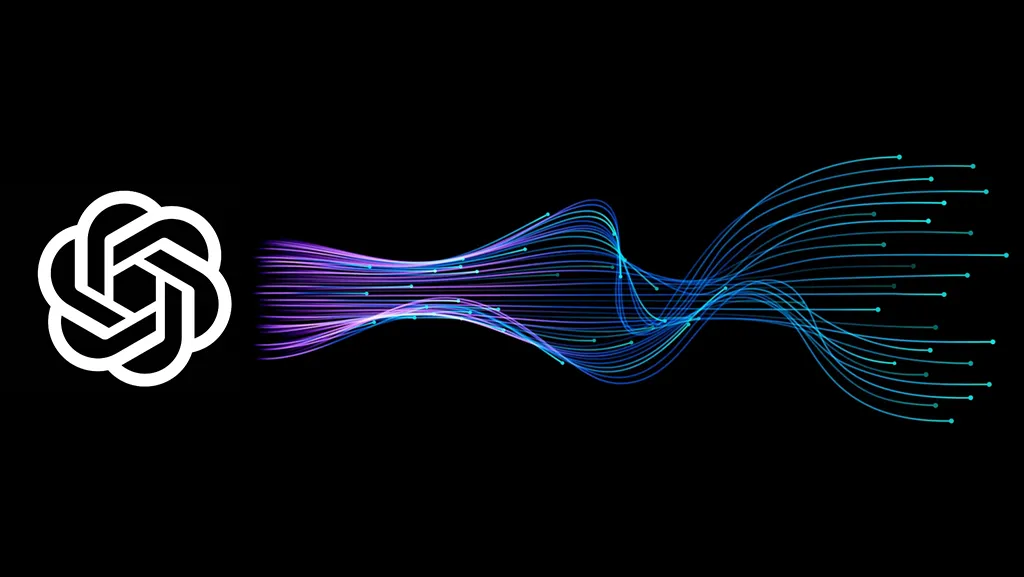Introduction:
OpenAI created ChatGPT, an AI-powered chatbot. It is intended to comprehend and react to human language in a useful and natural manner. Imagine it as an intelligent virtual assistant that can do a lot of things, such brainstorming, translating languages, explaining subjects, answering inquiries, and helping with writing.
AI chatbot that mimics genuine human-to-human communication, such as messaging with an extremely intelligent assistant.
It is trained on a vast amount of material from books, internet, and conversations using GPT (Generative Pre-trained Transformer) technology.
GPT is an acronym for:
Generative: It produces material
Pre-trained: Acquired knowledge from a large amount of data prior to use
Transformer: It’s a sophisticated deep learning model.
How Does ChatGPT Work?
It doesn’t “think” like a human; instead, it predicts the next best word or sentence in a discussion by using patterns found in the material it was trained on.
During a chat, ChatGPT can recall context (but not permanently). It can even retain user preferences between sessions in subscription plans.

It may not contain the most recent information until instructed to do so because it is not always connected to the internet (unless you are utilizing things like “browse with Bing” in Pro plans).
How Can You Use ChatGPT?
1.Education & Learning
- Summarize articles or textbooks
- Explain difficult topics simply
- Prepare for exams or quizzes
- Learn new languages
2.Writing & Content Creation
- Blog posts, social media captions
- Poetry, stories, scripts
- Resume and cover letter help
- SEO-friendly content
3.Business & Productivity
- Draft emails and reports
- Generate ideas for marketing or startups
- Automate customer responses
- Translate business documents
4.Coding & Tech
- Write or debug code in a variety of languages, including HTML, JavaScript, and Python.
- Learn to program from the beginning.
- Create apps or websites under supervision.
5.Creative & Fun
- Come up with gift ideas and party schedules.
- Compose jokes or melodies.
- Engage in role-playing or text-based games.
- Recipes, workout regimens, and trip planning
Is ChatGPT Safe?
Privacy: Unless you specifically consent, your chats are often not utilized to train OpenAI models.
Security: Avoid disclosing private or sensitive information.
Despite its strength, trust is not impervious to error. Verify facts twice at all times, especially while working on significant projects.
What ChatGPT Is Not Able to Do!
- Access real-time internet data (without using tools in GPT-4o)
- Express feelings or your genuine ideas.
- When making financial, legal, or medical choices, substitute human specialists.
- Recognize voice or visuals (unless advanced plans use technologies like Voice or Vision)
Tips for Better Results
Make sure your inquiries are precise and unambiguous.
To learn more, ask follow-up questions.
To improve comprehension, ask it to “rewrite,” “summarize,” or “explain like I’m five.”
Simply state if the response is incorrect. It gains knowledge from conversational corrections.
Who created ChatGPT?
OpenAI, an artificial intelligence research company that was initially established as a charity in December 2015, created ChatGPT. Elon Musk, Greg Brockman, Ilya Sutskever, John Schulman, Wojciech Zaremba, Jessica Livingston, Reid Hoffman, Peter Thiel, and Sam Altman were among the important founders.

- Sam Altman co‑founded OpenAI in December 2015 and has served as its CEO
- John Schulman was also a co‑founder (December 2015) and led the reinforcement learning efforts behind ChatGPT’s development
- Ilya Sutskever, Greg Brockman, Wojciech Zaremba, and others were instrumental in founding OpenAI and building its foundational models
- ChatGPT itself was released by OpenAI on November 30, 2022, as a web‑based generative AI chatbot based on GPT‑3.5 and later GPT‑4 architectures
What are the limitations of ChatGPT?
1.No Real-Time Internet Access (Usually)
- It cannot search for real-time news, market prices, or weather updates unless it is linked to a browsing program (such as ChatGPT Plus with web access).
2.Can’t Give Personal Advice
- It can offer beneficial suggestions, but it is not a financial advisor, physician, or attorney. Consult actual specialists before making any significant judgments.
3.Sometimes Gets Things Wrong
- Falsify information (this is known as “hallucination”).
- Make a math error
- Inaccurate information (such as stating the incorrect author or date)
- Even when it’s incorrect, it sounds confident, so always double-check!
4.No Emotions or Personal Experience
It lacks beliefs, feelings, and firsthand knowledge. Therefore, if it “says” it likes something, it’s merely utilizing words and not true emotions.
5.No Learning From You (Free Version)
Unless you’re using the premium version and have memory enabled, it doesn’t remember anything from previous conversations. Thus, it always feels like a first encounter.
6.Can Be Biased
It can display biases dependent on the data it was trained on, despite its neutral training. It makes an effort, but it falls short.
Conclusion:
ChatGPT is a useful tool in the digital world, not merely a piece of cutting-edge technology. ChatGPT is ready to help you quickly, amiably, and reliably, whether you’re writing content, learning new things, or simply inquisitive about anything. Even while it’s not flawless and is still evolving, it’s a strong instrument made to make life simpler, education more enjoyable, and knowledge more widely available.

